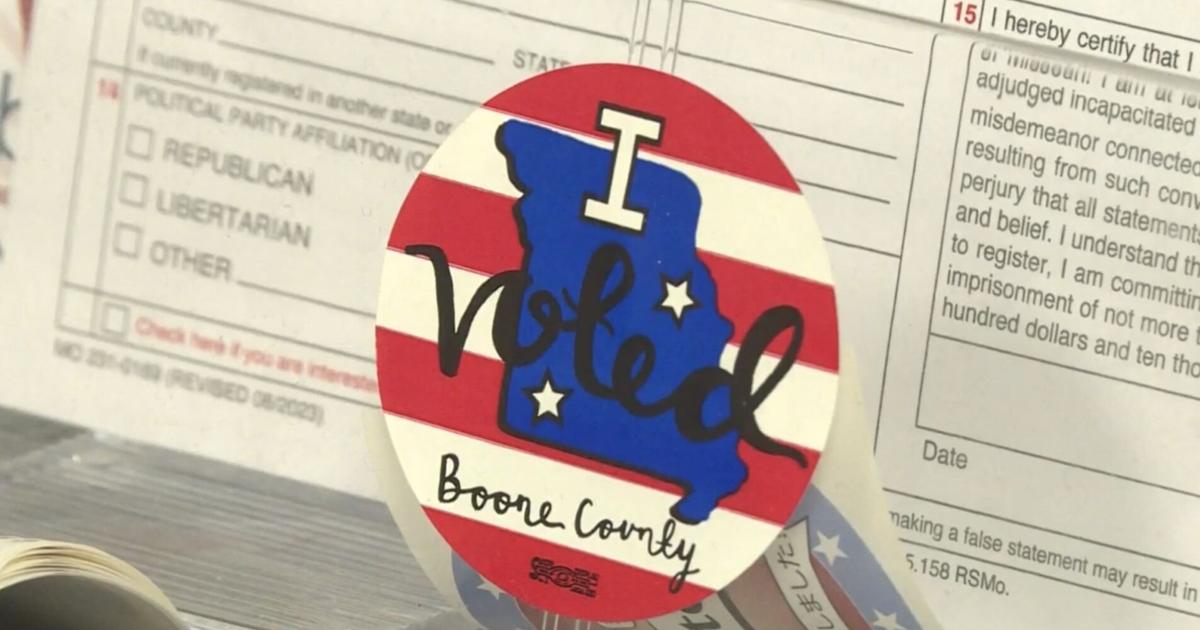Following the legalization of sports gambling in Kansas, Justin Balthrop, an assistant professor of finance, and a few other researchers at the University of Kansas conducted a study to find how the newly implemented legislation was impacting their state.
Missourians will vote whether to legalize sports wagering in the state in the Nov. 5 general election.
“The origins are just based out of a pure curiosity to understand how this new activity that’s available more and more is going to affect people,” Balthrop said. “As something like an industry like this grows from its infancy to its adolescence and beyond, we just want to understand the effect that it has.”
A big draw for Kansans was the expected revenue the state would see from the operation. But for some vulnerable households, the gamble wasn’t worth the risk.
“We find that households, on average, drop their investment savings by about 14%,” Balthrop said. “We also find that the effect is more exacerbated for households which we call financially strained. We also find that after the advent of legalization, these households experience more indicators of potential financial hardship and distress. Things like over-drafting accounts, higher credit card debt, lower credit card payments and so on.”
The other concerning aspect of the study is what the researchers didn’t find, Balthrop said.
“What we’re not finding are people substituting away from something like going out to the movies or going out to eat,” Balthrop said. “We’re finding that instead of an ‘or’ situation, sports betting created more of an ‘and.’ So people are not substituting one form of entertainment consumption for another.”
But even with the concerning financial data, Balthrop said that doesn’t necessarily mean Amendment 2 shouldn’t be something voters consider, especially if they feel it would create a positive effect for the state.
“Our conclusion is not that this means that sports betting is unambiguously bad or shouldn’t be allowed or anything like that,” Balthrop said. “It just means that we need to understand what’s going on, and this is one step in that direction.”








